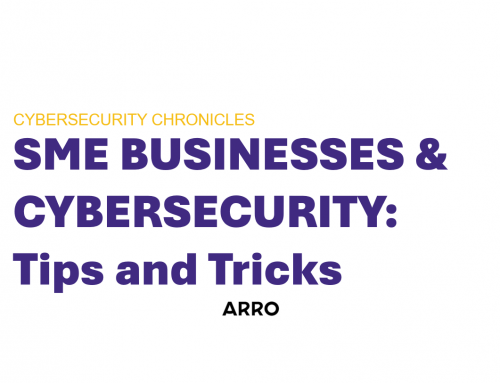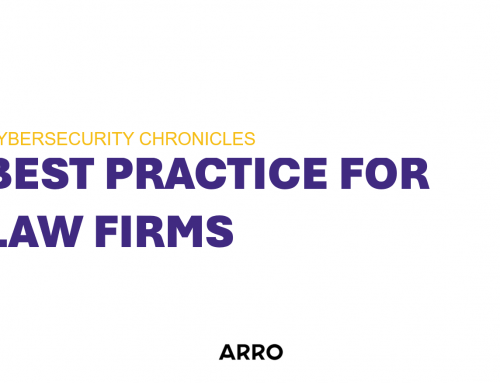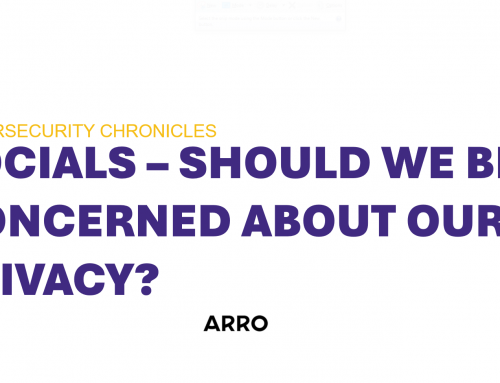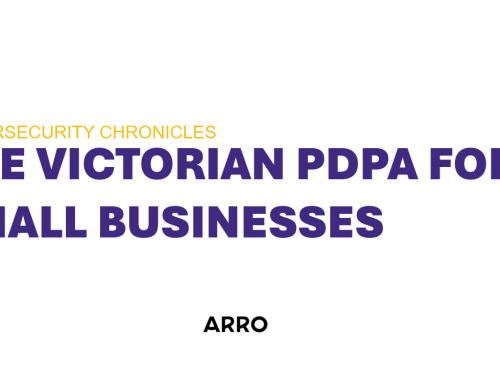As a small or medium enterprise (SME) in Melbourne, navigating the complex landscape of technology can be a challenge – we get it, we are one (a SME, that is, not an AI… yet) ! Then in comes the topic of data privacy with all its laws and regulations – can you say confusing…?!
That being said, understanding and complying with these requirements is vital for protecting your business and your customers. In this article in our Cybersecurity Chronicles series, we explore the key considerations for Melbourne SMEs when it comes to data privacy and law compliance – if you’d rather talk to us in person, we don’t blame you – contact us today to see how we can help your data privacy and compliance journey.
The Privacy Act and APP’s
At the federal level, the Privacy Act 1988 sets the foundation for data protection in Australia. This Act includes the Australian Privacy Principles (APPs), which outline how organisations should handle personal information.
While SME’s are generally exempt from the Privacy Act, this is expected to change with the upcoming legislative reforms signaled by Parliament. Many of our Melbourne SME clients may currently still fall under the Privacy Act’s jurisdiction, especially if they handle sensitive information or have an annual turnover of more than $3 million.
Notifiable Data Breaches (NDB) Scheme
The Notifiable Data Breaches (NDB) scheme is a crucial aspect of federal privacy law. Under this scheme, organisations must notify affected individuals and the Office of the Australian Information Commissioner (OAIC) if a data breach is likely to result in serious harm. SMEs need to have robust data breach response plans in place to comply with the NDB scheme.
For more information about NDB’s, check out our dedicated article on the topic here.
Victorian Privacy Laws
In addition to federal legislation, Victorian SMEs must also consider state-specific privacy laws. The primary state law is the Privacy and Data Protection Act 2014 (Vic), which applies to Victorian government organisations and some contractors. While this Act doesn’t directly apply to most SMEs, it’s essential to be aware of its existence, especially if you deal with government contracts or data.
Key considerations for SMEs include:
- Collecting only necessary personal information
- Securing stored data
- Being transparent about data handling practices
- Allowing individuals to access and correct their personal information
As data privacy regulations continue to evolve, staying informed and adapting your practices is crucial. By taking the first step to empowering yourself in this digital world by getting Arro to help you prioritise data privacy and compliance, Victoria SMEs can build trust with customers, avoid costly penalties, and position themselves for sustainable growth in an increasingly data and tech-driven world.




